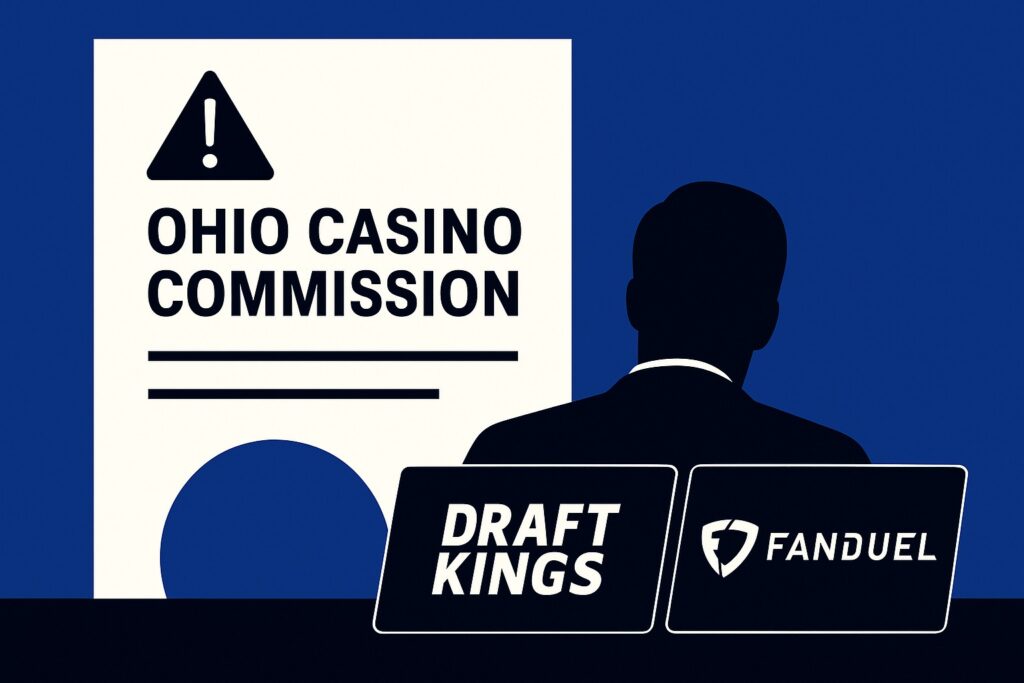In quick response to Massachusetts suing Kalshi for allegedly running an illegal sportsbook in the state, Robinhood has thrown a legal counterpunch in support of its prediction markets partner.
On Friday, Sept. 12, Massachusetts Attorney General Andrea Joy Campbell filed a lawsuit in Suffolk County Superior Court against Kalshi. The state accuses the company of “promoting and accepting online sports wagers from Massachusetts customers without following the many Massachusetts laws that govern sports gaming, including licensure by the Massachusetts Gaming Commission (MGC),” according to a press release from the AG’s office.
The next business day, Monday, Sept. 15, Robinhood fired back, suing AG Campbell and the MGC in an attempt to stop Massachusetts from enforcing state law it claims is preempted by federal law.
In the lawsuit, Robinhood, which offers Kalshi’s sports event contacts on its financial trading platform, is leaning on the fact that prediction markets are regulated by the Commodity Futures Trading Commission.
This is shaping up as a state vs. federal jurisdiction battle. Massachusetts has plenty of company in wanting Kalshi out, while prediction markets continue to offer what bears little distinction from sports betting, unlicensed by states but with the blessing of the CFTC.
Massachusetts takes different approach against Kalshi
Massachusetts is far from the only state that has taken legal action against Kalshi, but the Commonwealth has chosen a new legal path.
While seven states – Nevada, New Jersey, Maryland, Ohio, Illinois, Montana and Arizona – have sent cease-and-desist letters to Kalshi, Mass is the first to initiate a lawsuit against the company.
In contrast, Kalshi sued Nevada, New Jersey and Maryland in federal court, winning preliminary injunctions against Nevada and New Jersey. Kalshi was denied a preliminary injunction in Maryland, but the state agreed not to enforce the cease-and-desist until there’s a ruling on Kalshi’s appeal.
“Massachusetts’ lawsuit is significant for two reasons: It’s the first time that a state has gone on offense in court to enforce its gaming laws, and it’s in state court (which may be less receptive to federal defenses like the preemption argument that Kalshi’s raised),” Attorney Andrew Kim told The Event Horizon. “It’ll be interesting to see whether other state regulators will follow suit in coming off the sidelines.”
The arguments
Massachusetts’ argument against Kalshi is a familiar one. Several other states also claim the company is running a sportsbook without a license, avoiding regulation and taxation.
“This lawsuit will ensure that if Kalshi wants to be in the sports gaming business in Massachusetts, they must obtain a license and follow our laws,” AG Campbell said in the statement issued by the state.
Added Massachusetts Gaming Commission Chair Jordan Maynard, “Prediction market companies are expanding into sports wagering while neglecting age restrictions, player protection programs, state taxes, and other consumer protections.”
In a statement to Coin Telegraph, Kalshi countered, “Rather than engage in dialogue with Kalshi as many other states have done, Massachusetts is trying to block Kalshi’s innovations by relying on outdated laws and ideas.”
Robinhood is wary that a lawsuit could be coming its way, too, and argues its customers could “face abruptly losing access to sports-related event contract trading through their Robinhood account.”
What’s next in Massachusetts vs. Kalshi
In the state’s lawsuit, Mass AG Campbell is seeking preliminary and permanent injunctions against Kalshi, as well as monetary damages and civil penalties amounting to $5,000 for each violation, per Daniel Wallach.
A hearing on the emergency motion for preliminary injunction is set for Sept. 22.
Kalshi is feeling legal heat from multiple angles, and while it has yet to be deterred, there are signs the momentum is shifting. We should know more in a week, and a Massachusetts victory could embolden other states to pursue a similar legal strategy.





